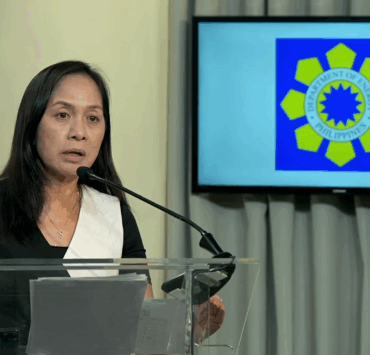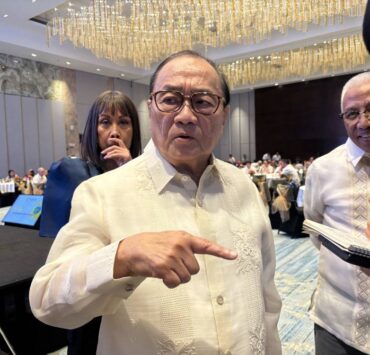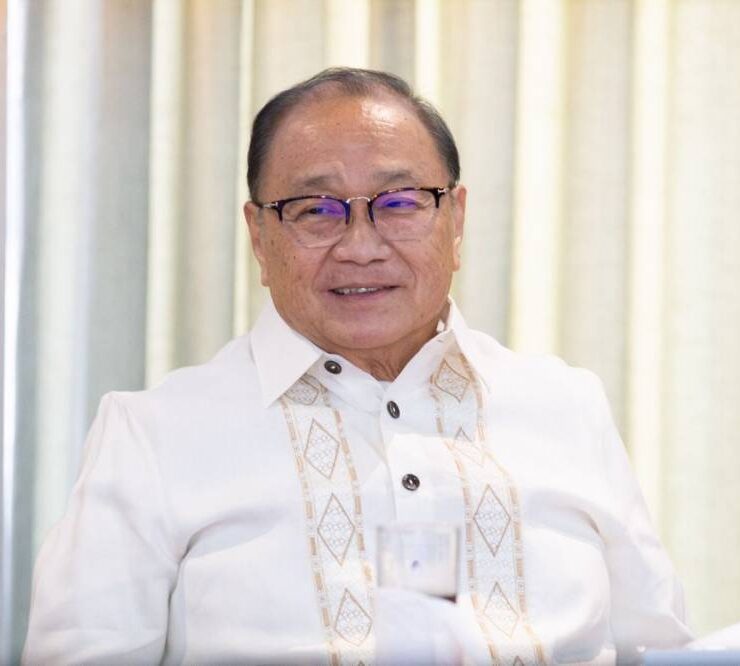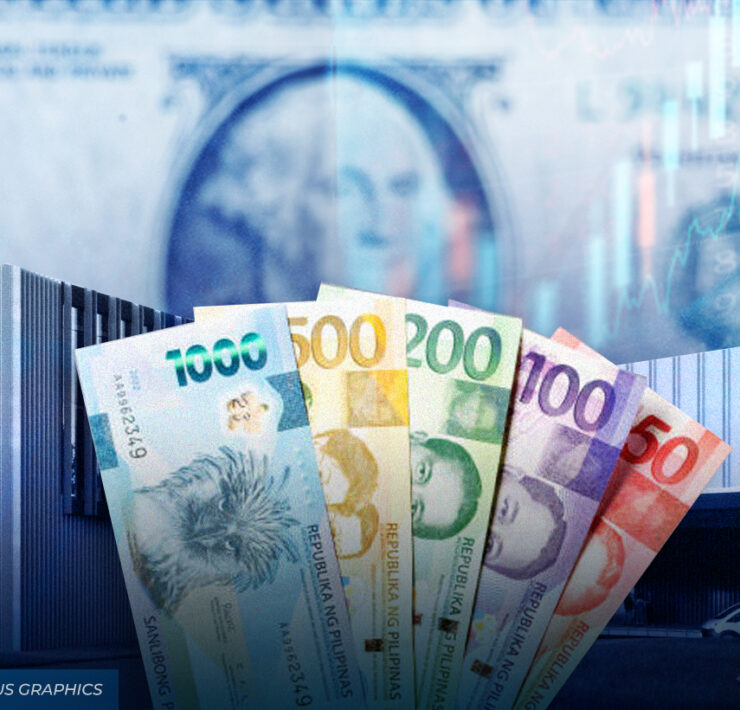My own tax-exempt retirement fund?
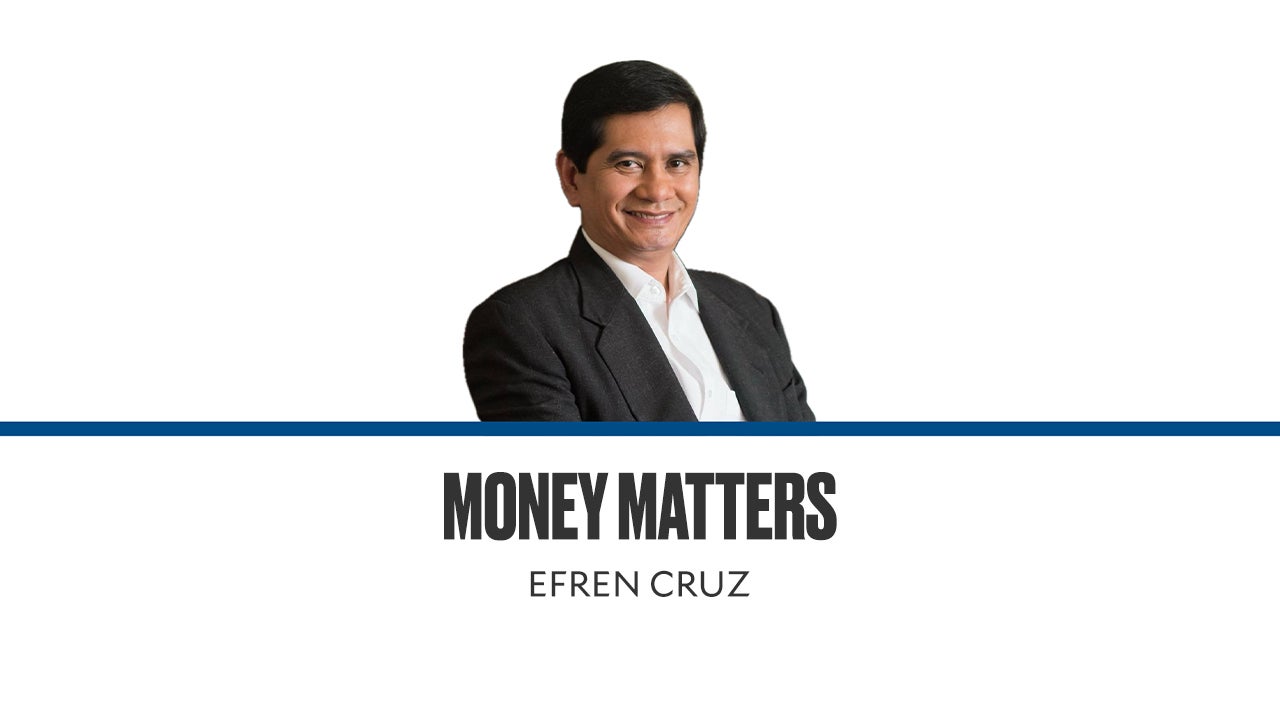
Many people assume that the lump sum retirement benefits they can receive from their employer, combined with state-sponsored pension benefits and long-term healthcare will be enough for their retirement. This lulls people into complacency.
One of the things that people need to prepare for is retirement, precisely because it can be so costly within a very short period of time (for example, hospitalization in old age for a critical illness). Take the case of life expectancy in the Philippines.
According to the World Health Organization or WHO, the average life expectancy for both sexes in the Philippines, which is the average age that both sexes can expect to live, shortened in 2021 to just 66.4. It was 69.9 for females and 63.4 for males. And it is not simply due to the pandemic because in the year 2000, the average life expectancy for both sexes in the Philippines was 70 and for Western Pacific nations, 72. But by 2021, it was 66.4 for the Philippines and 77.4 for Western Pacific Nations.
Perhaps the more telling statistic is health life expectancy or HALE, which is the average number of years a person can live in “full health” from birth. In the year 2000, HALE for both sexes for the Philippines was at 61.2 while it was 63.8 for Western Pacific nations. In 2021, HALE for both sexes for the Philippines shortened to 58.8 while it extended to 68.2 for Western Pacific nations. Even before retiring (that is, as 60 is the optional retirement age for the Philippines), a person, on average will cease to live in full health. And we all know how sudden ailments can happen and how expensive healthcare can be.
Retirement planning is not dead in the Philippines. It was never “alive” in the first place. Life insurance companies are pushing hard to get people to think about retirement with their policy coverages that include health insurance. However, the percentage of insured to the insurable population remains low for the country.
This is why, in recent years, the government and its agencies have been promoting retirement planning. An integral part of retirement planning is PhilHealth membership, which is actually automatic for seniors. But PhilHealth can only do so much. That is why the government is also encouraging citizens to prepare for retirement and long-term healthcare themselves, foremost of which is the passage of the Personal Equity Retirement Account or PERA law.
Under PERA
* A person opens an account with a PERA administrator. He can only open one account even if he tries to open with another PERA administrator.
* Contributions can be a maximum of P200,000 a year per person. An OFW can contribute up to twice that amount per year.
* All PERA contributions enjoy a 5-percent tax credit, which may be used to offset income tax liability in the year after the contribution was made.
* All investments under PERA are exempt from the 20-percent final withholding tax on interest income, the 10-percent tax on dividends paid by corporations to individuals, and the 1/10 of 1-percent stock transaction tax.
* Withdrawals from PERA can be made at least after the PERA account holder has made five non-consecutive yearly contributions and has reached the age of 55. Withdrawals before the age of 55 are allowed for total disability, death (that is, benefits go to beneficiaries) and hospitalization/medical expenses for physician-certified critical illness.
* Money in PERA accounts are exempt from the estate tax.
* PERA accounts are portable such that optional employer contributions to an employee’s PERA belong to the employee once credited even if the employee resigns or transfers jobs.
Compared to regular investments, a PERA account affords a tax credit coming in, tax exemption while funds stay in the PERA account and tax exemption upon withdrawal. So, combined with employer retirement benefits, state-sponsored pension benefits and long-term healthcare from PhilHealth, PERA affords ordinary individuals a better chance of enjoying a long and healthy retirement.














